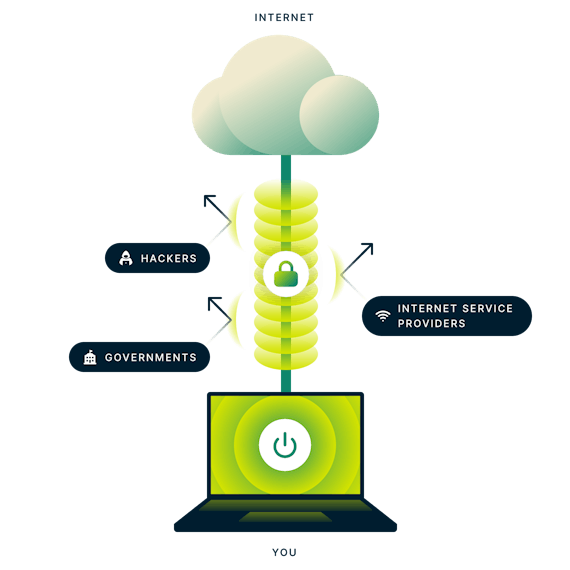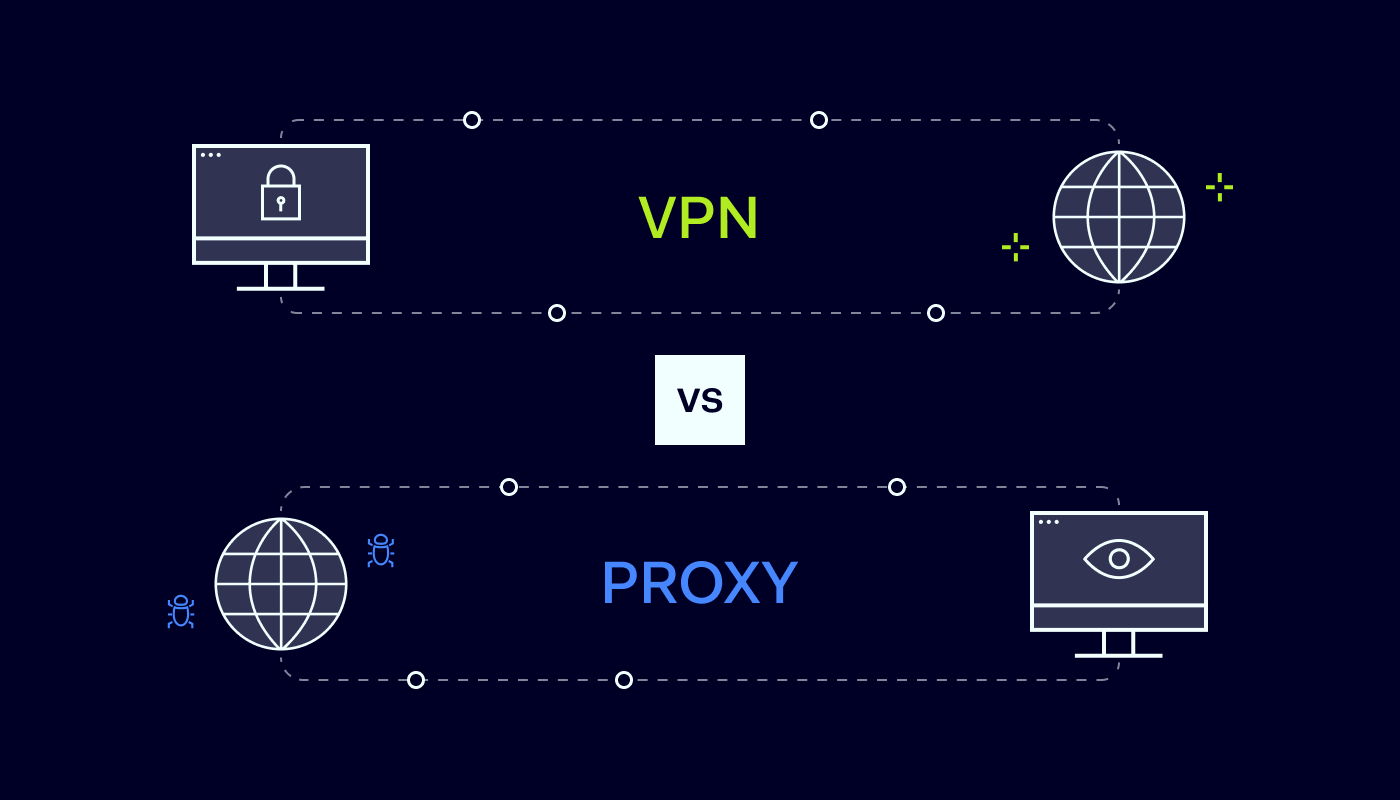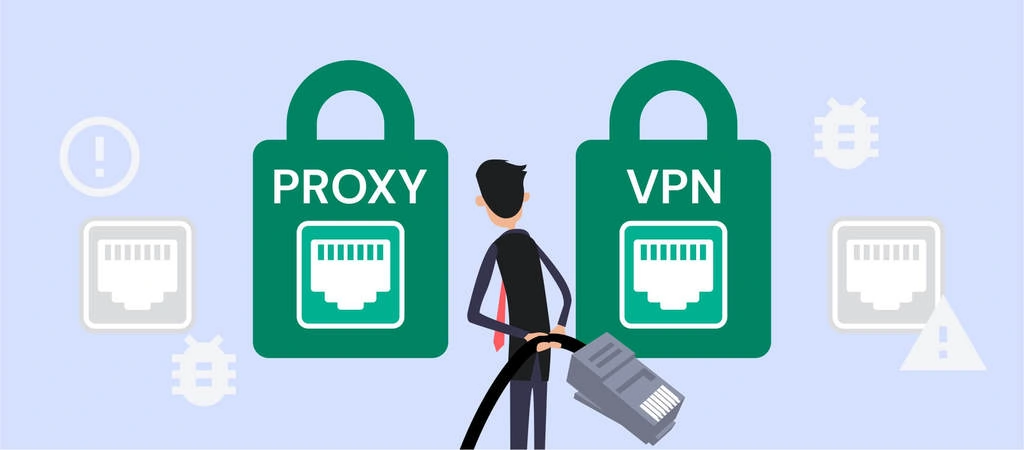Featured
Table of Contents
Proxy Vs Vpn: Which Is Right For You?
SOCKS5 is not the very same as a VPN. Rather, SOCKS5 is a type of proxy server that's generally utilized for online gaming, sharing files or video talking on a single site or app. VPNs, on the other hand, encrypt all web activity across all sites and apps.
For this reason, some users pay for a private proxy server which restricts the variety of users that access it, accelerating your connections. Proxies are also susceptible to security exploits: they can be open to attack, permitting the bad guys to penetrate networks or take personal information. Some proxies can still track (and shop) your browsing habits, along with recording usernames and passwords rendering that guarantee of privacy null.
VPNs use a local client to produce the connection to the VPN server, so any local CPU or memory issues will slow down the connections. VPNs are normally more expensive to use (and preserve) than a proxy server, and they are often more complex to manage. Much like proxy servers, VPNs can't ensure anonymity while searching.
A VPN only guarantees an end-to-end encrypted connection if you utilize the HTTPS procedure when you go to a new web address. Your information will be secured to the VPN, however from that point on, it could be unencrypted to the web server. For some sites, this might be irrelevant: an information-only website without any login or payment choices for instance, but for any websites that require a login or online payments or any delicate data ensure the website is enabled to utilize HTTPS.
Difference Between Proxy & Vpn - What Should You ...
The greatest argument to utilize a VPN instead of a proxy is the overall file encryption for all traffic you get with the VPN. Dollar for dollar, a VPN is more protected than a likewise priced proxy. VPN suppliers keep their own networks and you utilize their IP addresses for your connections.
Personal privacy and security matter these days, regardless of if it's your business data or your own personal data you require to secure. Make sure you're investing time and money into the right tools for your security goals: both proxies and VPNs include an additional layer of security and personal privacy to your information.

If your concerns are more around "what sites are my users hitting," a proxy server is a much better tool. To get one of the most bang for the buck (and to safeguard your information as a security-aware resident), register for a well-regarded VPN service. For the a lot of part, VPN services permit you to use servers in various places to work around content limitations.

If you're worried about your personal privacy when using the web, you might have thought about utilizing either a VPN or a proxy server. Both increase the security of your internet connection, however how precisely do they work, and how do they differ? If you are looking to improve your online personal privacy, it is necessary to understand the distinction between VPNs and proxy servers to ensure you're picking the best tool for the job.
Proxy Vs Vpn: What's The Difference? Which One Should I ...
Usually, when web browsing, your computer system connects to a site straight and begins downloading pages for you to check out. When you use a proxy server, your computer system sends out all web traffic to the proxy.
VPNs deal with the operating system level. This means that they reroute all your traffic, whether originating from your browser or an app. They also secure traffic between the internet and your device. As a result, your Internet Service Service Provider (ISP) can't see what you're doing online just that you're linked to a VPN server.


While speeds vary from service provider to supplier, VPNs are usually the much faster option. It isn't a good idea to use a totally free VPN service because they are restricted in what they can offer and tend to mine your information. As an outcome, users tend to decide for paid-for VPNs, which offer higher information encryption and are more protected.
This implies that, in general, VPNs tend to be the more costly choice. VPNs deal with the operating system level and reroute all your traffic through a VPN server, while proxies work on the application level and only reroute the traffic of a specific app or web browser. This suggests that VPNs encrypt all web activity, regardless of website or app, while proxy servers only conceal one site or app at a time.
The Difference Between A Vpn And A Web Proxy
Proxy servers aren't simply used to open specific sites. Certain organizations business, schools, or libraries or perhaps moms and dads might want to set up a transparent proxy to obstruct or filter users' content when utilizing the web.
Latest Posts
The Best Vpns For Small Business In 2023
What Is A Business Vpn? Understand Its Uses And ...
Best Virtual Private Networks Reviews 2023